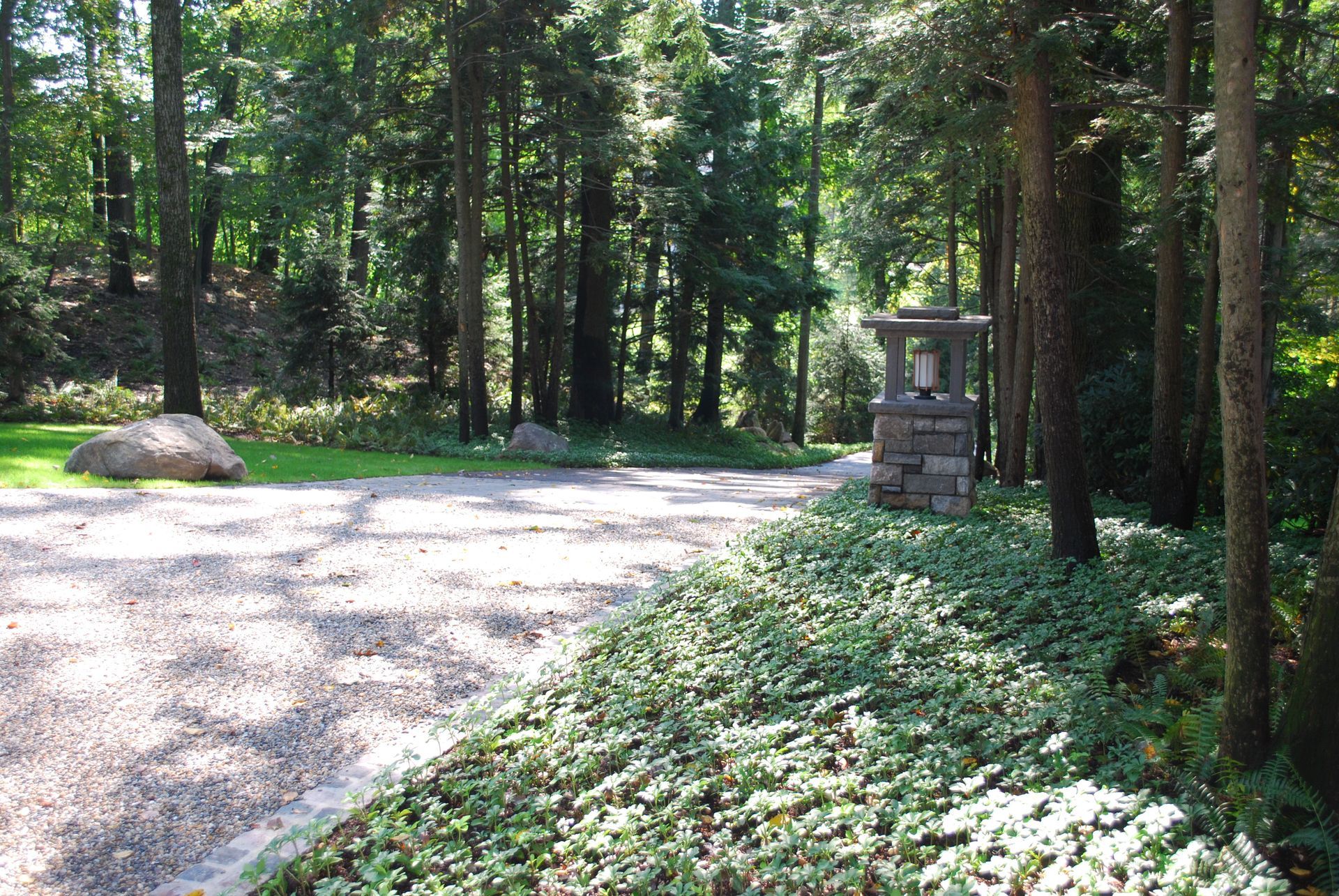FAQs
Your Questions Answered: Landscape Architecture FAQ
At Robert Schweitzer Landscape Architect, we know that starting a landscaping project can come with many questions. From understanding the design process to navigating regulatory approvals, we’re here to provide clarity and confidence. Below, you’ll find answers to the most common questions we receive.

Why should I hire a licensed landscape architect?
Hiring a licensed landscape architect ensures your project is handled by a professional with the necessary education, training, and certification to meet industry standards. Licensed architects have the expertise to:
- Create designs that are both functional and aesthetically pleasing.
- Navigate complex permitting and regulatory requirements.
- Avoid costly mistakes by addressing site challenges like drainage and grading.
In addition, a licensed architect’s work can add significant value to your property by enhancing its beauty, functionality, and compliance with local codes.
What is the process for designing a pool in Fairfield County?
Designing a pool in Fairfield County involves several steps to ensure a seamless and compliant process:
- Initial Consultation: Discuss your vision, site conditions, and budget.
- Site Survey: Analyze the property to determine optimal placement and design considerations.
- Conceptual Design: Create preliminary designs for the pool and surrounding outdoor living spaces.
- Regulatory Approvals: Obtain necessary permits for construction, ensuring compliance with local regulations.
- Construction Drawings: Prepare detailed plans for contractors to follow during installation.
- Implementation: Oversee the construction process to ensure quality and alignment with the design.
How do regulatory approvals work for landscaping projects?
Regulatory approvals vary depending on the location, scope, and type of project. Key steps include:
- Site Assessment: Determine if permits are needed for environmental considerations, zoning, or structural changes.
- Permit Applications: Submit necessary documents, including construction drawings and environmental impact studies, to local and state agencies.
- Agency Coordination: Work with regulatory bodies to address questions or adjustments required for approval.
With years of experience navigating approvals in Fairfield County and Westchester County, our team ensures your project stays compliant and moves forward smoothly.
What types of services do you offer?
We provide comprehensive landscape architecture services, including:
- Design & Planning: Master planning, garden design, and custom pool designs.
- Engineering & Environmental Services: Site engineering, grading, drainage, and permitting.
- Project Management: Overseeing projects from design to completion to ensure quality and efficiency.
- Landscape Restoration: Revitalizing properties to enhance their beauty and functionality.
Learn more about our services.
How much does a landscaping project cost?
The cost of a landscaping project varies based on its scope, size, and complexity. During the Design Development phase, we prepare detailed budgets that outline construction costs and allow for adjustments to meet your needs.
Factors influencing cost include:
- The size of your property.
- The materials used (e.g., hardscapes, plants, lighting).
- Permitting and regulatory requirements.
- Specialized features, like pools or water elements.
We work closely with you to align your vision with your budget.
Do you serve my area?
We proudly serve clients throughout:
- Fairfield County, CT: Including Ridgefield, Greenwich, Westport, and Wilton.
- Westchester County, NY: Including Bedford, Armonk, Scarsdale, and White Plains.
If you’re unsure if we cover your location, contact us to confirm!
What’s the difference between a landscape designer and a landscape architect?
While both professionals focus on outdoor spaces, there are key differences:
- Landscape Architects are licensed professionals with formal training in design, engineering, and regulatory compliance. They handle complex projects requiring permits, structural elements, and environmental considerations.
- Landscape Designers focus primarily on aesthetics, such as plant selection and garden layouts, but may not address technical or regulatory challenges.
Choosing a licensed landscape architect like Robert Schweitzer ensures your project is handled with expertise and professionalism.
How do I maintain my new landscape?
Proper maintenance is key to preserving the beauty and functionality of your landscape. We recommend:
- Regular pruning, mulching, and fertilizing for plant health.
- Cleaning and sealing hardscapes to prevent wear and tear.
- Ensuring drainage systems remain clear and functional.
- Scheduling seasonal checkups to address any issues promptly.
We also provide guidance on sustainable practices to minimize upkeep while protecting the environment.
